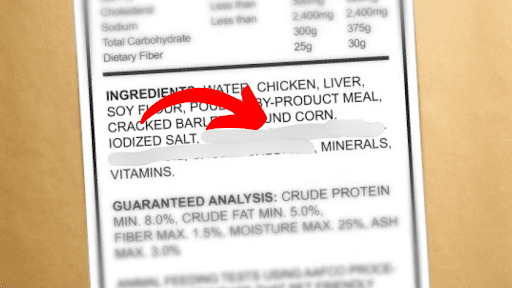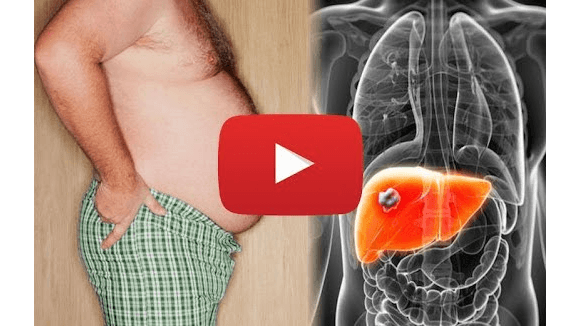How To Fast Correctly For Women In Menopause | Dr. Mindy Pelz
The year of menopausal transition is characterized by a significant drop in estrogen levels due to the absence of eggs being released. This change can lead to various symptoms, including hot flashes, increased stress sensitivity, memory challenges, depression, and fatigue.
As estrogen levels plummet, many women experience debilitating symptoms. It's crucial to understand these changes, as they represent a period of recalibration where you might not feel like yourself. However, there's hope, as this period often heralds improvements in the years to follow.
- Frequent hot flashes and night sweats
- Reduced stress tolerance
- Challenges in retaining new information
- Increased feelings of depression
- Difficulty maintaining long workdays
Introducing longer fasting periods can promote the production of ketones, providing mental clarity and stabilizing GABA levels. Ketones act as a mental energy source, enhancing mood and cognitive function during this pivotal year.
Exploring the use of bioidentical hormones, particularly progesterone and estrogen, can help balance hormonal deficits. Engaging professional healthcare guidance assures proper dosing and adaption to individual needs, ensuring emotional and mental well-being.
- Increase protein intake (30-40 grams per meal)
- Include regular weightlifting or strength training exercises
Additionally, controlling toxic exposures, especially in beauty and cleaning products, becomes vital as some hormones-related risks escalate post-menopause. Regular detoxification processes are encouraged to downplay potential harmful effects.
Unique fasting frameworks like the '5:1:1' or '4:2:1' allow you to balance intermittent fasting, longer fasting, and protein-rich intake days. Such strategies offer tailored routines allowing bodies to adapt while supporting hormonal shifts.
- 5:1:1 – Five days of intermittent fasting, one long fasting, one rest day
- 4:2:1 – Four days of intermittent fasting, two extended fasts, one rest day
Preserving brain health through strategic lifestyle changes, hormone adjustments, and mentally supportive practices remains the ultimate goal as you traverse this transformative phase. With focused attention on nutrient-dense diets and stress-relieving activities, a smoother journey unfolds.
If you're in that year, focus on your brain health as you transition.
From Around The Web
Wellness Inbox is a blog & weekly newsletter that curates trending news and products related to health and wellness from around the web. We also gather content from various sources, including leading health professionals, and deliver it directly to you.
Please note that we may receive compensation if you purchase any products featured in our newsletter. Wellness Inbox is not affiliated with, nor does it endorse, any health professionals whose content may appear in our newsletter. The information provided is for general informational purposes only and should not be considered medical advice.
The information provided is not intended to replace professional medical advice, diagnosis, or treatment. All content, including text, graphics, images, and information available is for general informational purposes only. We do not guarantee the accuracy or completeness of any information presented and assume no liability for any errors or omissions. The content is subject to change without notice. We encourage you to verify any information with other reliable sources and consult your physician regarding any medical conditions or treatments.







